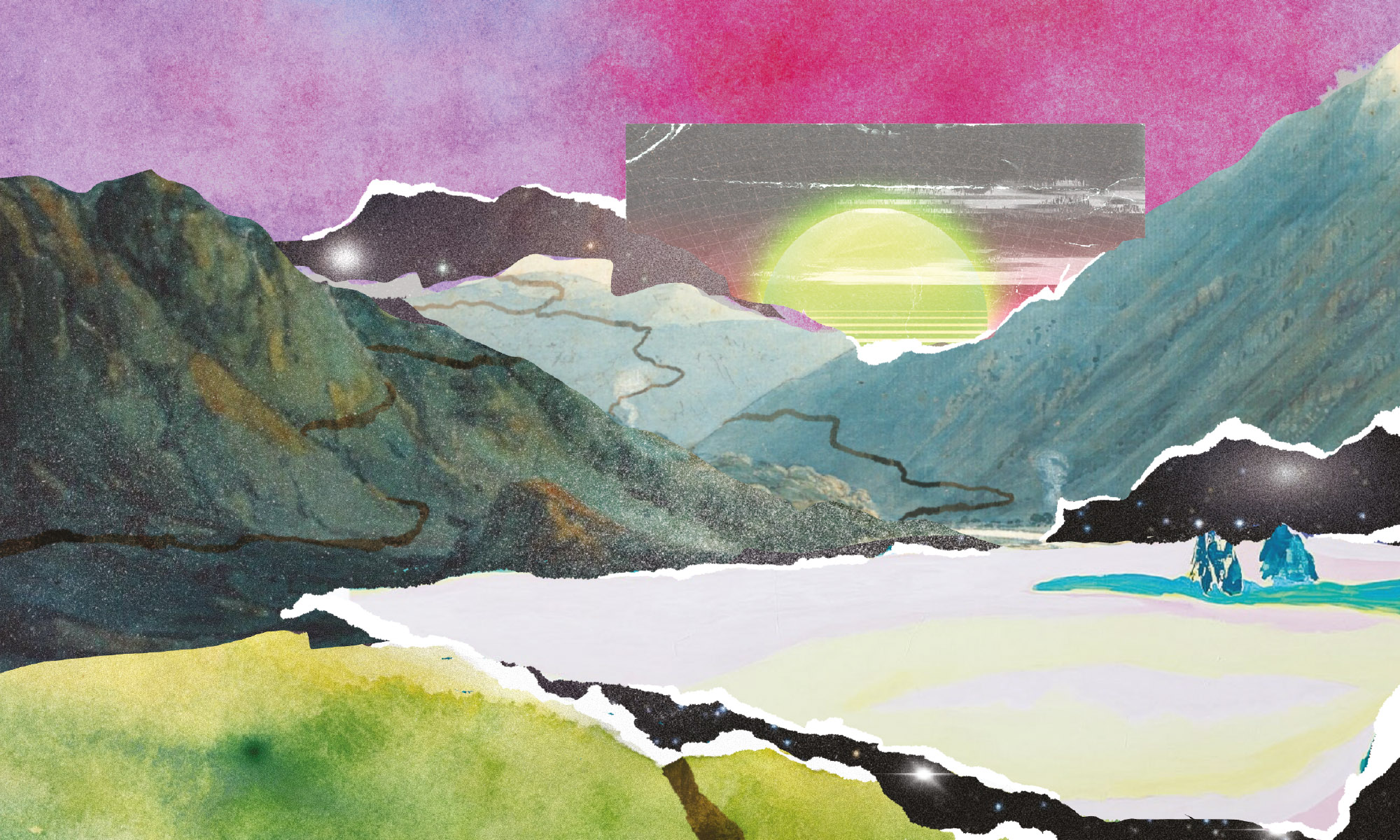For three days, Åbo Akademi’s Arken was filled with happy chatter as the Donner Institute and the LeNeRe project jointly organized the Religion and Spirituality as Sites of Learning conference from 15 May to 17 May. LeNeRe’s research assistant Siiri Virta writes about her first conference experience.
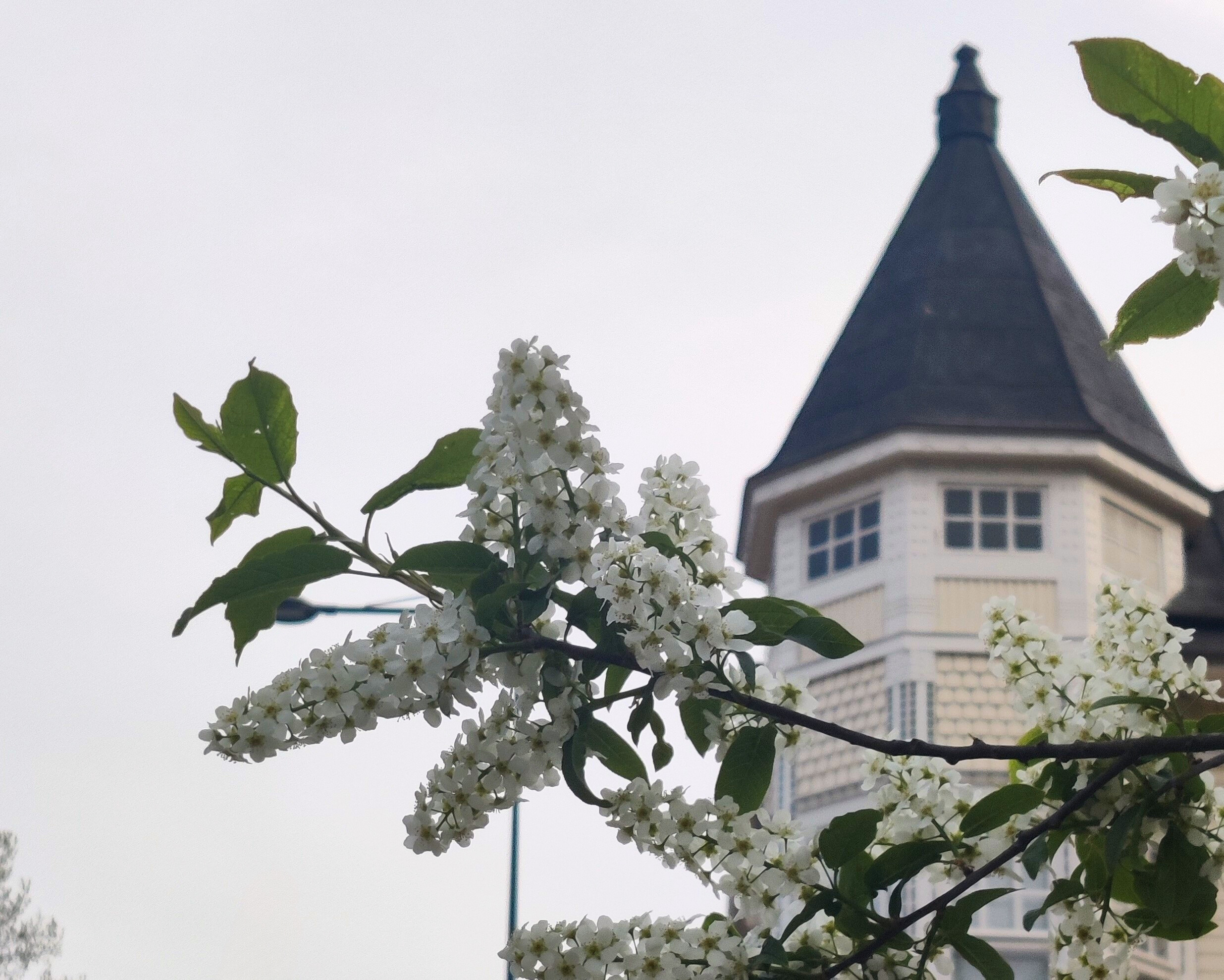
On Monday the 15th of May, nearly seventy researchers interested in religion, spirituality, and learning gathered in sunny Turku for the Religion and Spirituality as Sites of Learning conference, organized jointly by the Donner Institute and the LeNeRe project. This was my first academic conference, which I had been looking forward to all spring with excitement but also with a hint of apprehension. However, my nervousness soon dissipated as the lobby of Åbo Akademi’s Arken was filled with lively discussion.
The conference was officially kicked off with a welcome speech by Ruth Illman, Research director of the Donner Institute, and Terhi Utriainen, Director of the LeNeRe project. Immediately after the welcome speech, the first keynote address of the conference was given by Kim Knott, Professor Emerita at Lancaster University, who has done extensive research on ideological transmission and learning. In her talk, Professor Knott discussed the concept of unlearning in the field of religious studies, highlighting its potential as a valuable addition to a religious studies scholar’s toolbox while also acknowledging the challenges it may present. Knott’s talk stimulated the audience to reflect on the concept of unlearning from many different angles, and it seemed to become a recurring theme throughout the conference.
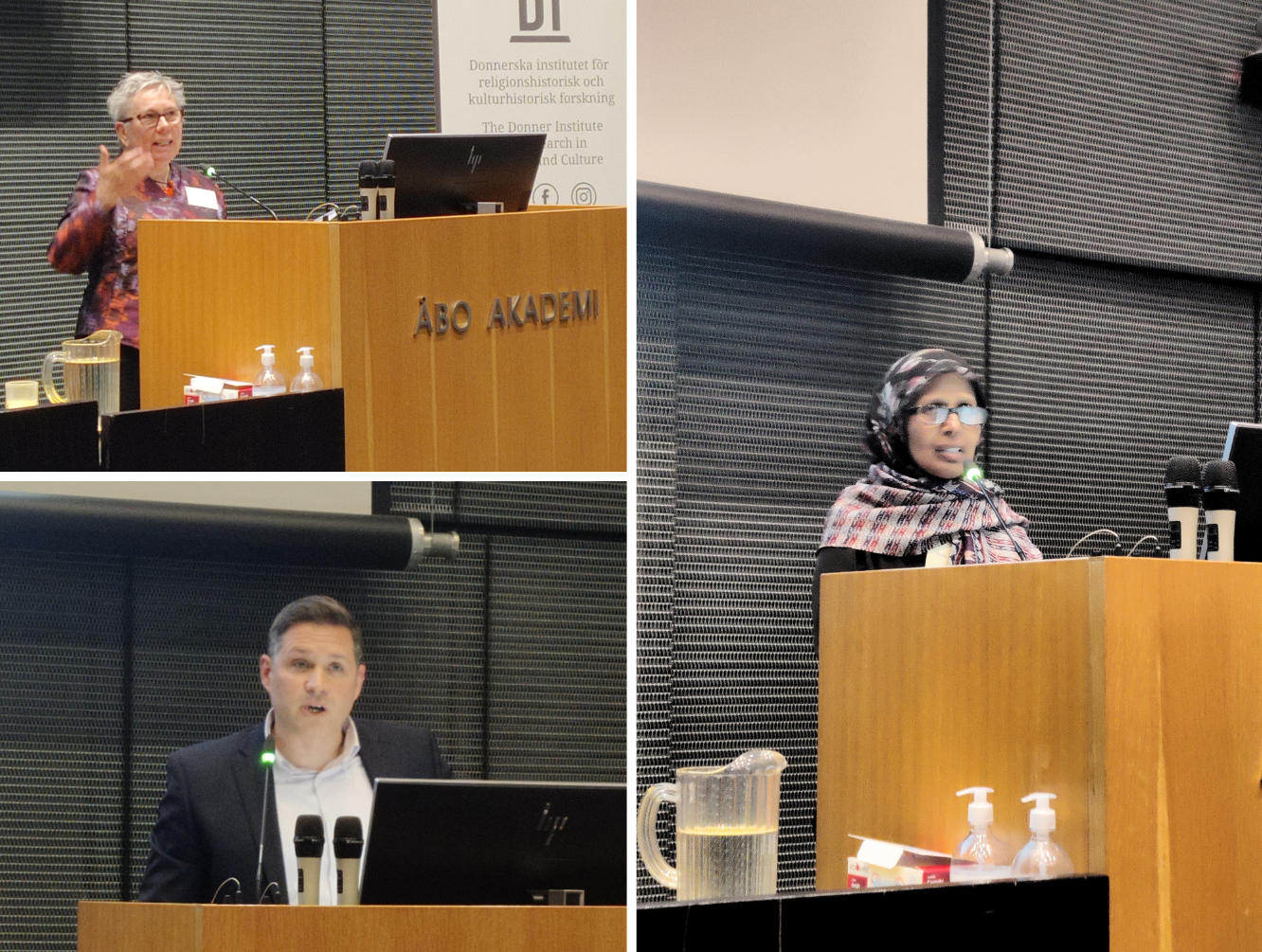
Tuesday’s keynote speaker, Daniel Winchester, Associate Professor of Sociology at Purdue University, has studied conversion to Islam and Eastern Orthodox Christianity, among other topics. In his talk, Professor Winchester used his own research examples to explore the ways in which religious learning processes shape people’s attentional habits and capacities.
The final keynote address was delivered on Wednesday by Mulki Al-Sharmani, Associate Professor of Islamic and Middle Eastern Studies at the University of Helsinki. Professor Al-Sharmani spoke about the meanings that the Qur’an and its study give to women from different backgrounds. Professor Al-Sharmani’s interviews with women living in Finland and Egypt shed light on how the Qur’an is present in their lives through everyday challenges, and on how their life experiences have also shaped their relationship with the Qur’an.
In addition to the keynote speeches, the common program for all participants included two panel discussions. Monday’s panel was based on research doctor Nina Kokkinen’s ongoing research project and her curated exhibition Eastern Spirituality, which is on display at Villa Gyllenberg until 13 August. In the panel, Nina Kokkinen, postdoctoral researcher Linda Annunen, university lecturer Måns Broo, and postdoctoral researcher Ville Husgafvel discussed the so-called ‘Eastern spirituality’ in 20th century Finnish art and what kind of things a religious scholar should take into consideration when putting together an art exhibition on such a subject. During the panel we enjoyed not only visually beautiful works of art projected on the screen, but also an engaging discussion on the interaction between cultures and religions.
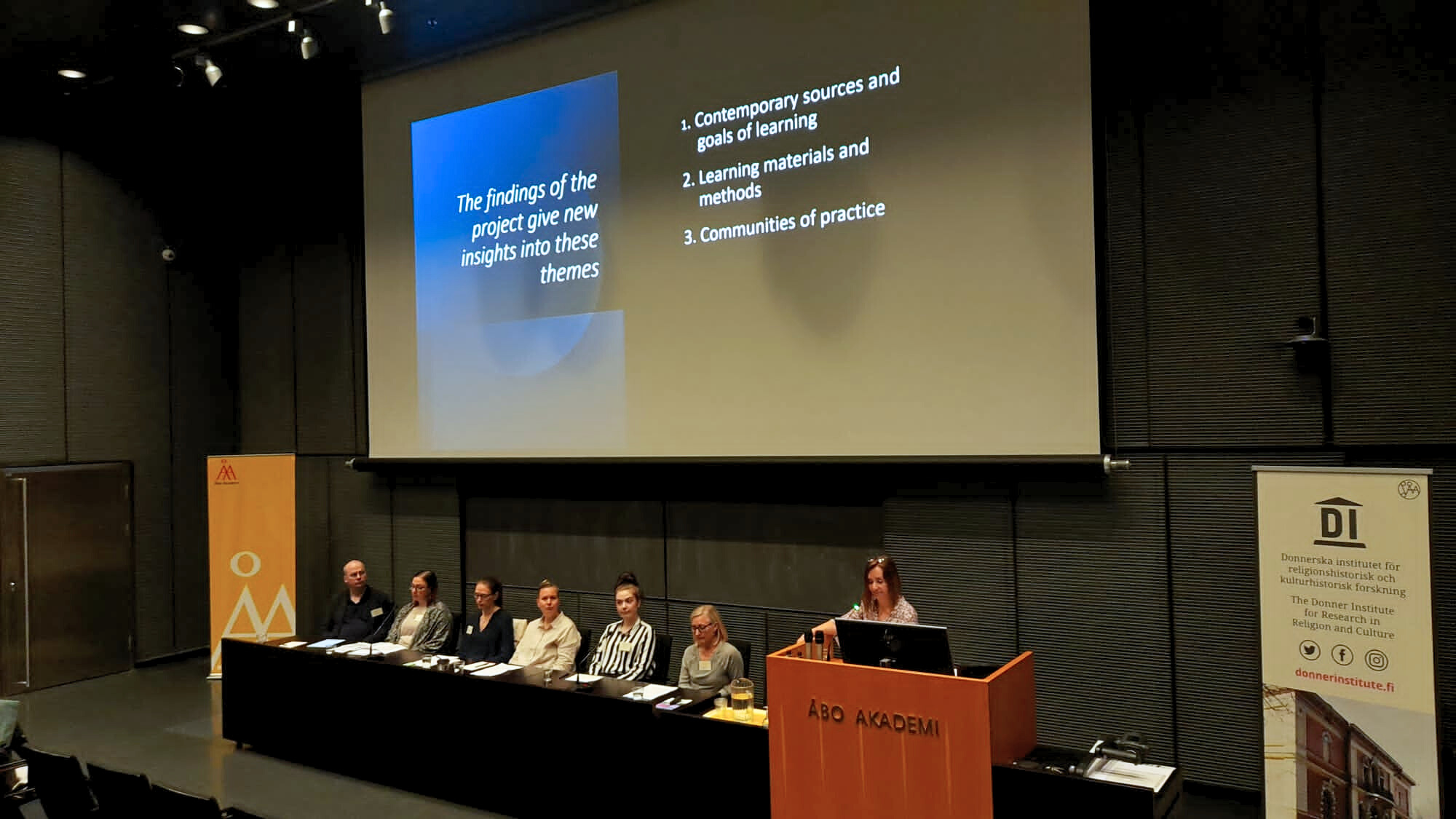
LeNeRe had the honor of kicking off the second day of the conference with our own panel discussion. In our panel, we reflected on what we have learned from the project through our individual case studies. After our individual presentations, Professor Kim Knott and Professor Linda Woodhead commented on our findings and asked some questions regarding the progress of our project. For example, Professor Knott and Professor Woodhead encouraged us to delve deeper into our research and ponder about how our findings reflect the ongoing changes in Finnish society. The panel was not only a great opportunity to present our research to our colleagues, but also a moment for us to reflect on what the project has achieved so far.
In addition to the keynote speeches and panel discussions, the conference included a total of 17 parallel sessions, during which participants had the opportunity to present their own research in relation to the conference themes. The sessions delved into a wide range of topics connected to learning, including embodied learning, communities of practice, and sources of learning. Fruitful discussions were held on topics such as learning to knit as a meditative spiritual practice, the differences between Finland and Sweden in relation to mindfulness and the church, and the internet as a key site for learning about religion and spirituality.
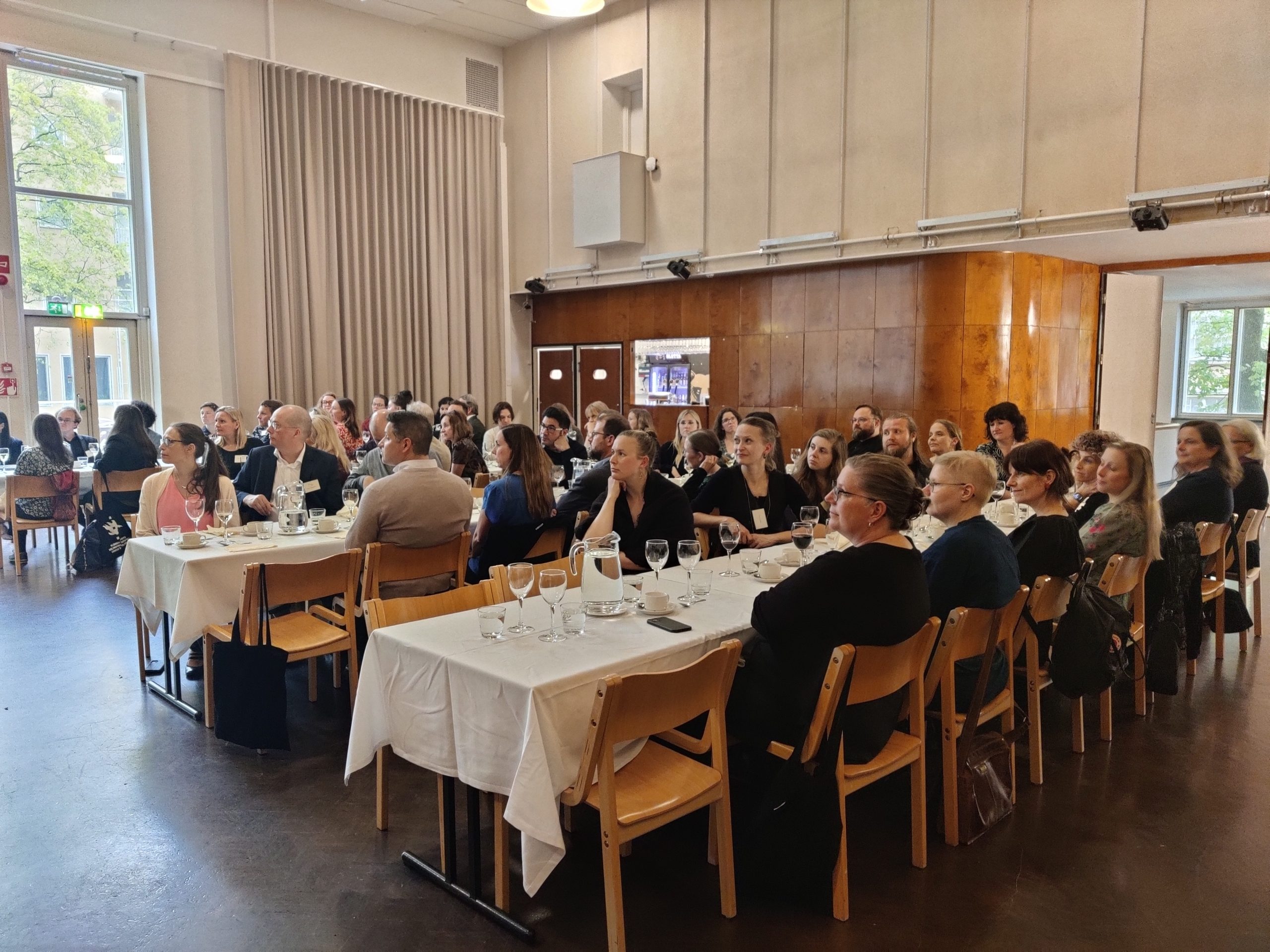
Of course, the conference also included some informal programs. On the opening night, musician and Doctor of Music, Päivi Hirvonen, captivated the audience with beautiful songs accompanied by the fiddle and bowed lyre. After the musical performance, LeNeRe’s own postdoctoral researcher Maija Butters was awarded the Donner Institute Research Prize for her outstanding doctoral dissertation. On Tuesday evening, we gathered at the lovely Kåren restaurant for a delicious dinner, ending the night by dancing to the rhythm of Käärijä’s Cha Cha Cha.
I was quite surprised by the warm and relaxed atmosphere at the conference. It was particularly nice to see how genuinely interested everyone was in each other’s work. I, too, had the wonderful opportunity to discuss my ongoing master’s thesis with a few encouraging scholars. All in all, it was a great experience and a successful conference, at least when observed through the eyes of a conference novice.
